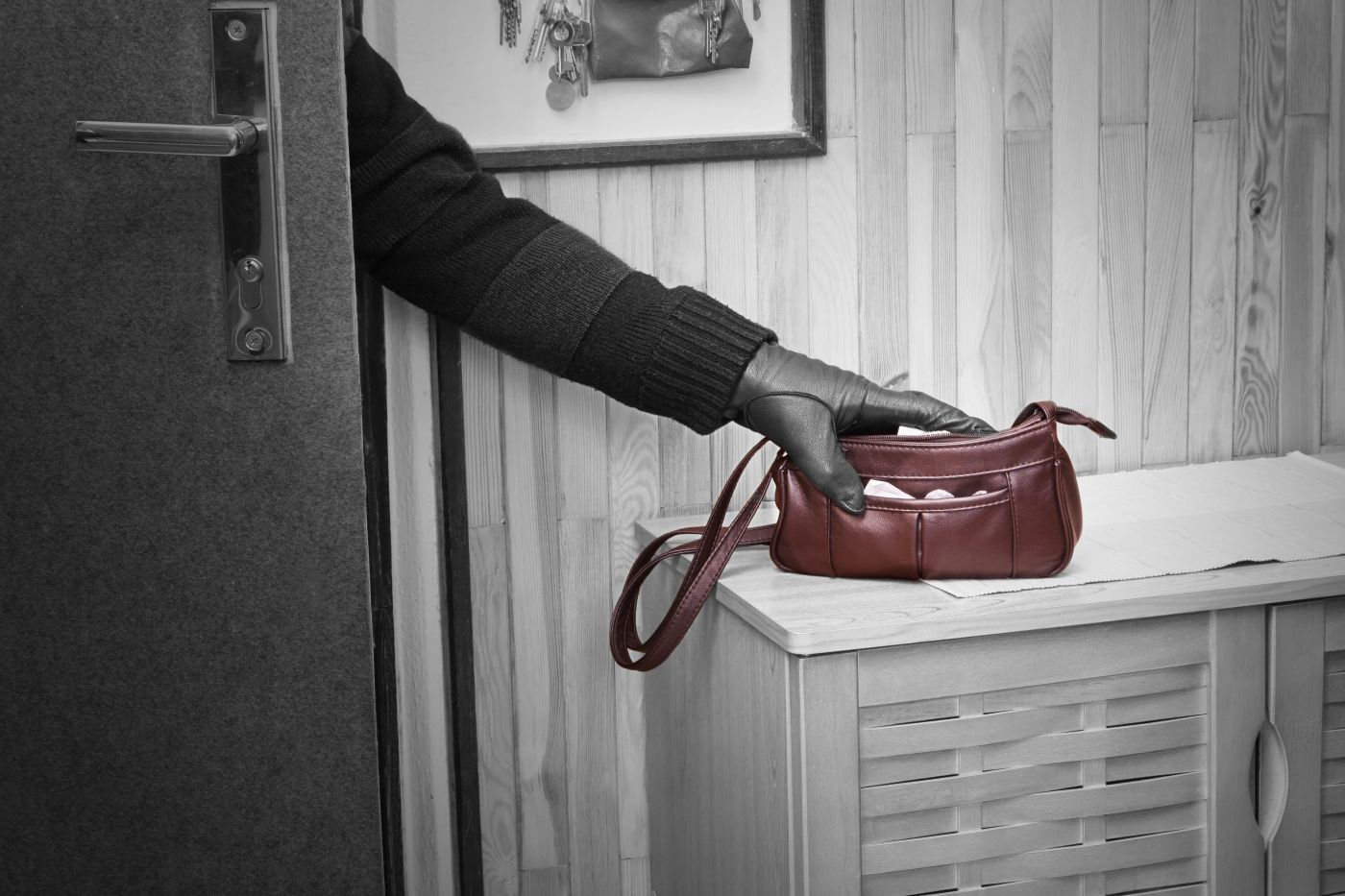
Each criminal charge comes with its own elements, penalties, and defenses, and a mistake in understanding the law could cost you your freedom.
At The Leier Law Office LLC, we know how confusing it can be when you're facing charges that seem similar but carry very different consequences. Whether you're accused of burglary, robbery, or theft, it's critical to understand what sets these charges apart.
Our Fort Collins criminal defense attorney is here to guide you through these important distinctions and protect your rights every step of the way. Read on to find out more about the differences between burglary, robbery, and theft—and how The Leier Law Office LLC can help.
What Is Theft?
Theft is generally defined as taking someone else's property without permission and with the intent to permanently deprive the owner of it. This can involve anything from shoplifting to embezzlement, depending on how the act is committed and the value of the stolen property.
While theft might sound straightforward, there are many forms of theft under the law. Petty theft, motor vehicle theft, and identity theft are just a few examples that carry different penalties based on the circumstances. A criminal defense attorney can carefully review the specifics to determine the best strategy for your defense.
Because theft charges focus on the act of taking property, it's important to distinguish them from robbery and burglary, which involve additional factors like force or unlawful entry.
What Is Robbery?
Robbery takes theft to another level by adding an element of force, intimidation, or threats against a victim. Unlike theft, where property is taken without any confrontation, robbery happens in the presence of the victim and often involves violence or fear.
The penalties for robbery are typically harsher than for simple theft because it endangers the safety of another person. Sentences often include significant prison time, especially if a weapon was used. If you’re facing robbery charges, working closely with a criminal defense attorney is crucial to protect your freedom.
What Is Burglary?
Burglary is centered on the act of unlawfully entering a building or structure with the intent to commit a crime inside, whether or not that crime is actually carried out. The crime inside could be theft, assault, vandalism, or another offense altogether.
One major misconception about burglary is that it always involves theft, but that’s not necessarily true. You can be charged with burglary even if you enter a building intending to commit a different crime altogether. A skilled criminal defense attorney can often challenge the intent element, which is key to a burglary charge.
Understanding the legal meaning of unlawful entry helps set burglary apart from robbery and theft.
Why Legal Distinctions Matter
The difference between being charged with theft, robbery, or burglary can be the difference between a few months of probation and decades in prison. Prosecutors must prove specific elements for each type of charge, and if they can’t, it could mean a dismissal or reduction.
A knowledgeable criminal defense attorney will work to exploit weaknesses in the prosecution's case. For example, if the element of force is missing, a robbery charge could be reduced to simple theft. If unlawful entry can't be proven, a burglary charge could fall apart entirely.
Because the penalties vary so widely, making sure the correct charge is applied is crucial. Understanding these legal distinctions leads directly into the types of penalties you could face if convicted.
Potential Penalties for Each Offense
The penalties for theft, robbery, and burglary differ not only based on the offense but also on the severity of the circumstances. Some common consequences you could face include:
Theft penalties: Often include fines, community service, restitution to the victim, and sometimes short jail terms, especially for misdemeanor theft.
Robbery penalties: Almost always involve longer sentences and a stronger possibility of prison, especially if classified as aggravated robbery.
Burglary penalties: Range from probation to lengthy prison terms, particularly for first-degree burglary.
The value of the property, whether anyone was hurt, and whether weapons were used all factor into the final sentencing.
Possible Defenses to Burglary, Robbery, and Theft Charges
Defending against burglary, robbery, or theft charges involves carefully examining the evidence, questioning witness credibility, and challenging the prosecution's version of events. Some strong defense strategies a criminal defense attorney may pursue include:
Lack of intent: If the prosecution can’t prove you intended to commit a crime (for burglary) or intended to permanently deprive someone of property (for theft), the case may be dismissed.
Mistaken identity: Eyewitness accounts can be unreliable. If you were misidentified, it can form a solid defense.
Consent: If you had permission to take the property or be on the premises, this can defeat key elements of the charge.
Lack of force or threat: For robbery charges, if no actual threat or force occurred, the charge may be reduced to simple theft.
Mounting a strong defense starts with a detailed case review by a criminal defense attorney who understands how to pick apart the state's evidence.
The Impact of Prior Convictions
If you have a criminal history, prosecutors are much more likely to pursue harsher penalties for burglary, robbery, or theft charges.
Prior convictions can also influence plea negotiations. A criminal defense attorney can advocate for you and present mitigating factors to reduce the overall impact. Some key factors that courts will look at include:
Nature and timing of prior offenses: Older, non-violent offenses may carry less weight than recent or violent crimes.
Efforts at rehabilitation: Completing counseling, substance abuse programs, or community service can show that you’re making positive changes.
Circumstances of the current charge: Judges may show more leniency if the current incident was out of character or driven by hardship.
Because prior convictions can have such a serious effect, it's crucial to work with a criminal defense attorney early in the process.
How Plea Bargains May Help
A plea bargain can offer a way to resolve criminal charges without the uncertainty of a trial. In some cases, a plea deal might allow a defendant to plead guilty to a lesser charge in exchange for a lighter sentence.
Plea deals can be particularly useful when evidence against the defendant is strong. A criminal defense attorney can negotiate to reduce a robbery charge to simple theft, or a burglary charge to trespassing, depending on the circumstances.
However, not all plea deals are created equal. Accepting the wrong deal could still have long-term consequences. Carefully weighing your options with your attorney is critical before agreeing to any resolution.
Importance of Acting Quickly After Arrest
The first hours and days after an arrest are critical. Evidence can be lost, witnesses' memories fade, and law enforcement may try to pressure you into making damaging statements without an attorney present.
Hiring a criminal defense attorney immediately after arrest gives you the best chance to preserve your rights and build a strong case. Early intervention can even lead to evidence suppression, charge dismissal, or more favorable plea negotiations.
Time is truly of the essence when facing burglary, robbery, or theft charges.
Protect Your Rights by Working With a Criminal Defense Attorney
At The Leier Law Office LLC, we work hard to protect our clients’ rights and fight for the best possible outcome. Whether you’re seeking a dismissal, reduction, or trial defense, we’re ready to help. Our firm serves clients throughout Loveland, Greeley, Windsor, and Evans. Contact The Leier Law Office LLC today to schedule a consultation and put an experienced criminal defense attorney on your side.



